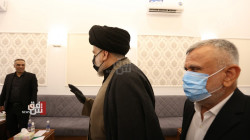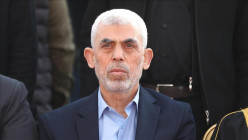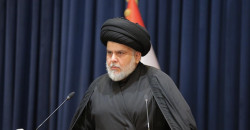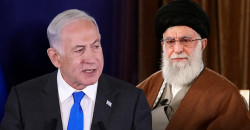Iraq: Sadr is down for now, but has Iran overplayed its hand?
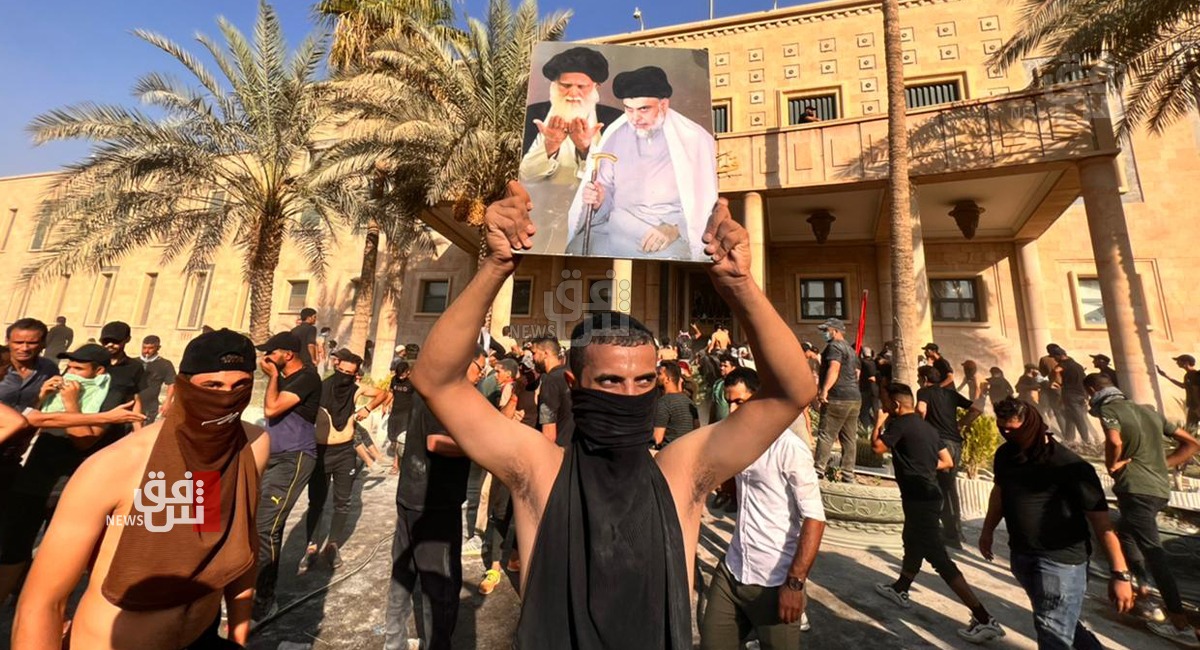
Shafaq News/ Iran seems to have decided to openly oppose the Sadrists in its attempt to stop them from upsetting the political power balance among its many different allies in Iraq. The most serious blow came through an apparently concerted effort to tame the Sadrist movement back into the Shia fold by delegitimising its political figurehead, Muqtada al-Sadr.
The effort gathered momentum after Iran-based Grand Ayatollah Kazem al-Haeri, the religious guardian of the Sadrist movement, last month announced his retirement. In an unprecedented statement, Haeri asked his supporters to follow Iran’s supreme leader, Ali Khameini, as their religious guardian.
He also took a jab at Sadr without naming him, by warning followers to steer clear of anyone who seeks to divide Iraqis or Shias, saying some might "lack the necessary religious credentials" even if they belong to the Sadr family.
Islamist Shia movements require religious authorisation, normally granted by a grand ayatollah, to engage in politics. Haeri became the spiritual guardian of the Sadrists based on a recommendation from Sadr’s father, who was assassinated in 1999.
With last month’s announcement, Sadr has lost the religious authorisation granted to him by Haeri and, technically speaking, is now unqualified to lead the movement. Despite suggesting that Haeri had been coerced, presumably by Tehran, into making that statement, Sadr quickly announced his “final retirement” from politics.
Nervous calm
While this seems to have delivered a fatal blow, Iran could be making a serious mistake. Since last October’s parliamentary election, all efforts to force the Sadrists to align themselves with other pro-Iran Shia parties have only made the group more defiant.
In February, Iraq’s Federal Supreme Court issued a constitutional ruling that stipulates there must be a two-thirds parliamentary majority present in order to elect the president. This was widely viewed as the result of Iranian pressure, aiming to force the Sadrists to abandon their majority government proposal and return to the national unity government formula, which gave all parties with parliamentary seats a proportional share in the government, leading to inefficiency, corruption and a lack of accountability.
The Sadrists went so far as to withdraw from parliament over the issue. They have also engaged in organised protests.
A similar defiance may emerge this time as well. As protests and clashes broke out over Sadr’s resignation, he reappeared to display the extent of his influence, making an impassioned plea for his followers to disperse within an hour. They complied, and a nervous calm was restored.
Although the confrontation ended with Sadr’s apparent loss, the broader battle is far from over. The situation now is a fragile truce, partially facilitated by the approaching annual pilgrimage to Karbala, when massive crowds of Shia gather to show religious unity.
Restoring legitimacy
Meanwhile, Sadr’s scathing criticism of his Shia opponents continues unabated, as he accused them of corruption and excluded any possibility of cooperation. But the Sadrists have a lot of work to do if they hope to regain the initiative and be effective.
The most important task is to restore the religious legitimacy of the political movement and its leader. Insiders close to the Sadrist leadership told Middle East Eye that internal talks were ongoing about selecting another Shia grand ayatollah, preferably in Iraq or not allied with Iran, who could grant Sadr the necessary religious licence to lead the movement.
Their bigger challenge is what to do next. After Iraq’s top court ruled this week that it could not dissolve parliament, which the Sadrists had been calling for, their remaining option is street action to push for dissolution and facilitate early elections.
Some in the Sadrist movement are looking for retribution after numerous protesters were killed during the Green Zone clashes that erupted last late month. This violence could potentially gain the Sadrists an ally: the Tishreen protesters who rose up in late 2019 were also targeted by security forces, with hundreds killed. Although these two groups are not natural allies, their mutual outrage over these events could prompt them to join forces.
Sources told MEE that local Sadrist leaders had already reached out to Tishreen activists to coordinate future protests. If the two manage to strike an alliance and begin coordinated actions, Iraq’s ruling class, and Iran behind it, could face an unprecedented challenge.
Source: MEE
